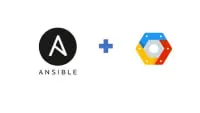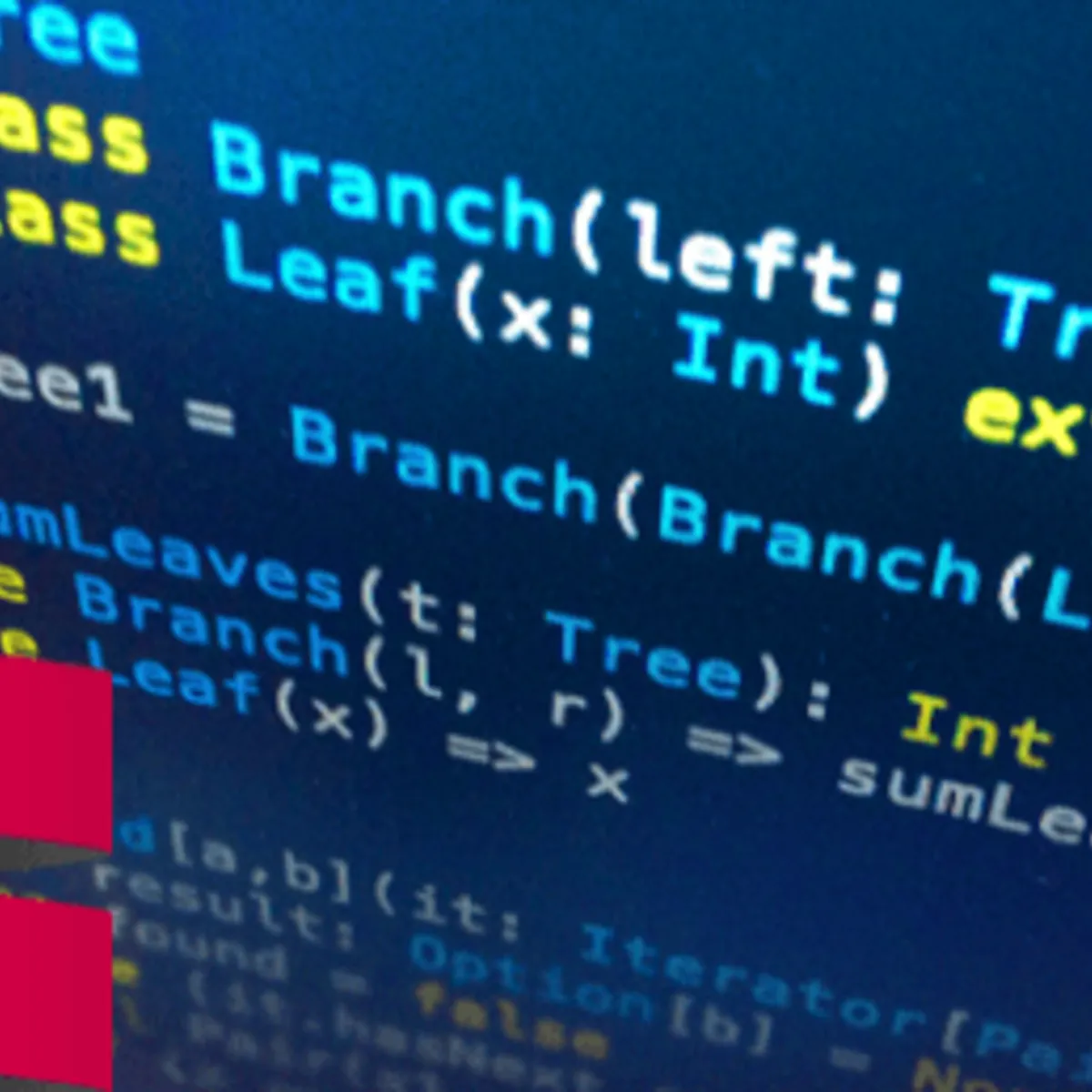
Coding 101: Python for Beginners 
This course provides a comprehensive introduction to coding using Python. It covers the fundamentals of code, teaching students just enough to get started. Through hands-on activities, students will learn how to write and execute code, as well as how to debug and troubleshoot. By the end of the course, students will have the skills to create their own programs. ▼
ADVERTISEMENT
Course Feature
![]() Cost:
Cost:
Free Trial
![]() Provider:
Provider:
Skillshare
![]() Certificate:
Certificate:
Paid Certification
![]() Language:
Language:
English
![]() Start Date:
Start Date:
On-Demand
Course Overview
❗The content presented here is sourced directly from Skillshare platform. For comprehensive course details, including enrollment information, simply click on the 'Go to class' link on our website.
Updated in [March 06th, 2023]
Coding 101: Python for Beginners is a course designed for those with little to no knowledge of coding. Through this course, students will learn the fundamentals of code using Python. Rather than an exhaustive list of minutiae, students will learn just enough to start using code. The goal is for students to finish the class with (a) a set of nifty tools, (b) the ability to write more nifty tools, and (c) the recognition of code’s value in automating day-to-day functions.
Throughout the course, students will cover concepts such as data types, expressions, variables, functions, objects, and control logic. As they learn, students will create a set of tools to demonstrate these concepts, including an email list reformatter, temperature report, umbrella recommender, password strength checker, days until their birthday, and secret messages.
In addition to the course content, students will have access to exclusive resources, including all 6 completed nifty tools, 70+ practice problems with solution walkthroughs, extra 27 practice problems with full working solutions, downloadable slides, and links for further reading.
For those interested in creative coding, data science, or machine learning, the instructor also offers VR 101 (AFrame Nature Scenes), SQL 101 (Database Design), Data 101 (Analytics), and Computer Vision 101 (Applied ML) classes.
All that is required to take this course is a laptop, internet, and an hour of time. Acknowledgements: This course roughly follows UC Berkeley’s introductory computer science textbook: composingprograms.com. B-roll used in introductory video CC-0 licensed by Pexels.
[Applications]
Upon completion of this course, students will have the knowledge and skills to apply Python to automate day-to-day functions. They will also have access to exclusive resources, such as the completed nifty tools, practice problems with solution walkthroughs, and links for further reading. For those interested in furthering their coding knowledge, the instructor suggests exploring courses in creative coding, data science, and machine learning.
[Career Paths]
1. Software Developer: Software developers create and maintain software applications and systems. They use programming languages such as Python to develop software solutions, debug existing software, and create new applications. Software developers are in high demand, and the field is expected to grow by 22% over the next decade.
2. Data Scientist: Data scientists use programming languages such as Python to analyze large datasets and uncover patterns and trends. They use their findings to create data-driven solutions and inform business decisions. Data science is a rapidly growing field, and the demand for data scientists is expected to increase by 28% over the next decade.
3. Web Developer: Web developers use programming languages such as Python to create and maintain websites and web applications. They are responsible for designing, coding, and testing websites and applications, and ensuring that they are secure and user-friendly. The demand for web developers is expected to grow by 8% over the next decade.
4. Artificial Intelligence Engineer: Artificial intelligence engineers use programming languages such as Python to develop and maintain AI systems. They are responsible for designing, coding, and testing AI systems, and ensuring that they are secure and efficient. The demand for AI engineers is expected to grow by 44% over the next decade.
[Education Paths]
Recommended Degree Paths:
1. Bachelor of Science in Computer Science: This degree path provides students with a comprehensive understanding of computer science fundamentals, including programming, software engineering, and computer systems. Students will learn how to design, develop, and maintain software applications, as well as how to use data to solve complex problems. This degree is becoming increasingly popular as technology continues to evolve and become more integrated into our lives.
2. Bachelor of Science in Information Technology: This degree path focuses on the application of technology to solve business problems. Students will learn how to design, develop, and maintain information systems, as well as how to use data to make decisions. This degree is becoming increasingly popular as businesses become more reliant on technology to stay competitive.
3. Master of Science in Data Science: This degree path focuses on the application of data science to solve complex problems. Students will learn how to use data to make decisions, as well as how to design, develop, and maintain data-driven applications. This degree is becoming increasingly popular as businesses become more reliant on data-driven decision making.
4. Master of Science in Artificial Intelligence: This degree path focuses on the application of artificial intelligence to solve complex problems. Students will learn how to design, develop, and maintain AI-driven applications, as well as how to use data to make decisions. This degree is becoming increasingly popular as businesses become more reliant on AI-driven decision making.
Pros & Cons

Practical and easy to understand

Encouraging and knowledgeable instructor

Sweet and interesting tone

Clear instructions and practice questions

Promotes logical thinking

Accessible tools

Wellpaced and engaging instructor

Mistakes here and there

Insults intelligence in questions
Course Provider

Provider Skillshare's Stats at AZClass
Coding 101: Python for Beginners provides a comprehensive introduction to coding with Python. It covers the fundamentals of coding, teaching students enough to get started. Through hands-on activities, students will learn how to write and execute code as well as how to debug and troubleshoot. This course provides a comprehensive introduction to the fundamentals of writing code in Python. Unlike other coding courses, this course focuses on giving you the essential tools and knowledge to start coding right away. Say goodbye to unnecessary detailed lists and enjoy a hands-on learning experience that lets you create beautiful tools and automate everyday functions.
Discussion and Reviews
0.0 (Based on 0 reviews)
Explore Similar Online Courses

Ansible + GCP

Nodejs Tutorials

RDBMS PostgreSQL

Intro To PostgreSQL Databases With PgAdmin For Beginners

PostgreSQL: Client Applications

Mastering SQL using Postgresql

Database Design and Basic SQL in PostgreSQL

PostgreSQL: Advanced Queries

Spatial SQL with Postgres : A language for geographers

Learn SQL Using PostgreSQL: From Zero to Hero

PostgreSQL Essential Training

Big Data Analysis with Scala and Spark
 Related Categories
Related Categories
 Popular Providers
Popular Providers
Quiz
 Submitted Sucessfully
Submitted Sucessfully
1. What is the goal of the course?
2. What is included in the course?
3. What prerequisite knowledge is required for the course?
4. What is the goal of this course?


Start your review of Coding 101: Python for Beginners